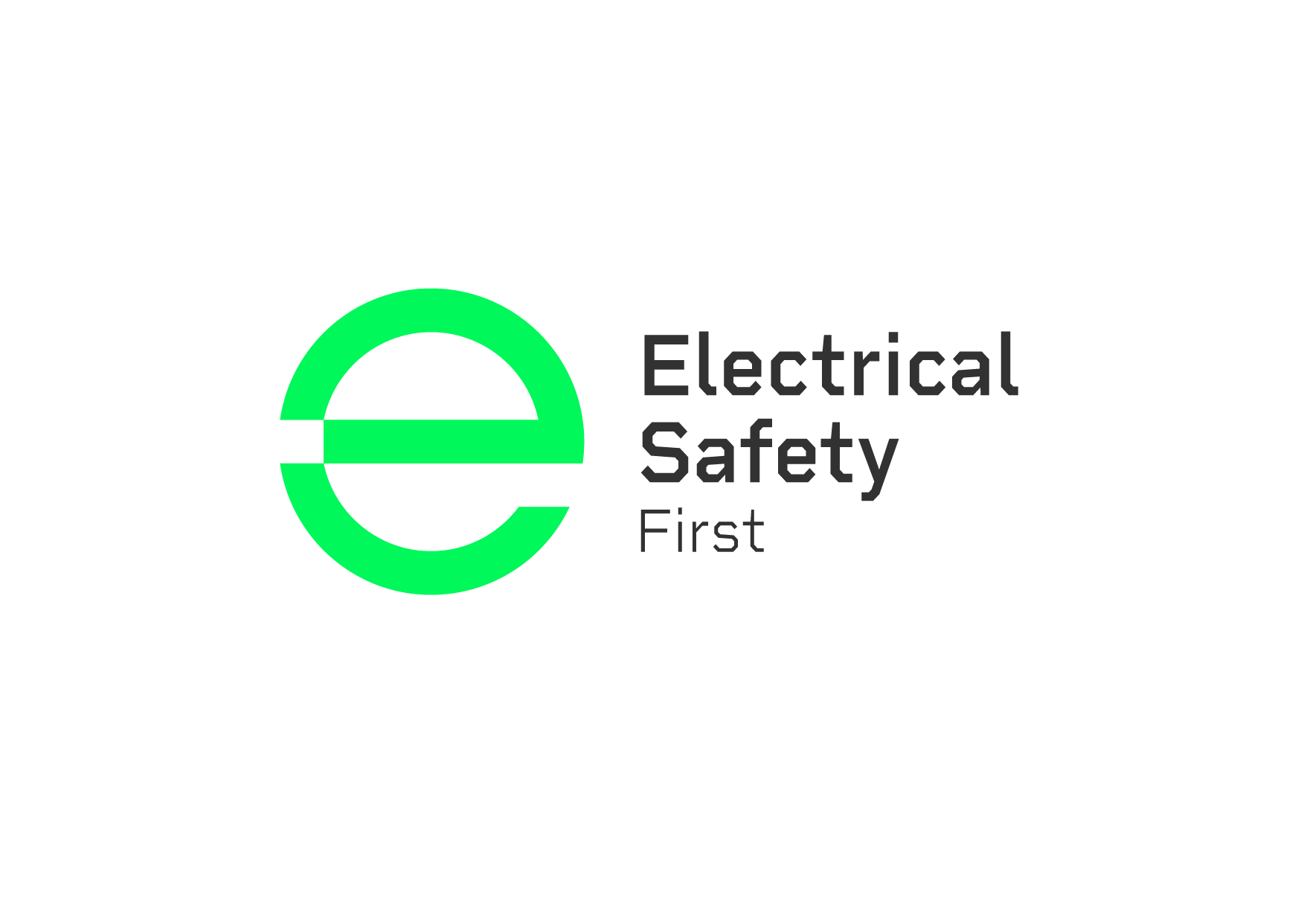Four Safety Innovation Award finalists announced. Shortlisted innovations offer solutions in photovoltaic safety, e-mobility and battery technology. Winner to be revealed at the Electrical Product Safety Conference on 21 November in London.

Electrical Safety First has announced the shortlist for its 2024 Safety Innovation Award.
Among the shortlisted innovations is PVSTOP by PVSTOP UK LTD. This innovative solution provides a simple, safe and effective method for temporarily de-energising compromised photovoltaic (PV) systems by blocking light and stopping energy generation at the source. It is designed to be used by first responders, allowing them to mitigate high-voltage DC electrical risks during emergencies more effectively.
Alex Keene from PVSTOP commented, “PVStop are very proud to be nominated amongst the very best UK innovation solutions shortlisted by Electrical Safety First to help improve electrical safety in the transition to a clean energy economy.”
Another notable finalist is Buy Safe from Zipidi, a trust mark proving safety standards for e-mobility devices and batteries. Buy Safe employs CREDZ smart labels to create a digital product passport, ensuring each device meets safety standards. This initiative aims to increase consumer trust and simplify safety management for retailers, building managers and regulatory authorities.
Krystyna Weston from Zipidi commented “We are thrilled to be a finalist in the Electrical Safety First Innovation Awards. This recognition highlights the importance of safety in the fast-growing e-mobility industry. We’re excited about the role Buy Safe and CREDZ can play in proving standards for safer e-bikes, e-scooters and lithium-ion batteries. It’s an honour to be recognised alongside innovators who are driving change in electrical safety.”
BatteryIQ™, developed by Boost Technology, addresses critical safety concerns associated with battery packs used in e-bikes and e-scooters. The system includes a unique serial number and embedded circuit board that offers a verification mechanism, ensuring batteries are safe to use in residential and commercial buildings. This technology helps to prevent potential hazards and supports the growth of e-mobility by enhancing battery safety standards.
Nick Bailey, CEO BatteryIQ™ commented "We're delighted to be shortlisted for the award and to support ESF's vital work. As lithium batteries grow in capacity and emerge in more applications, BatteryIQ™ allows a battery to be remotely monitored for its whole life and we're excited to bring this safety technology, previously only seen in EVs and large battery installations, to the mobility sector."
The SafeBatt Project by the Faraday Institution focuses on advancing the science of battery safety. This research initiative aims at understanding the fundamental causes of battery failure and the mechanisms of failure propagation. A collaboration between seven leading universities (Oxford, UCL, King’s College London, Newcastle, Sheffield, Warwick and Cambridge) and industry partners, SafeBatt also aims to develop new detection, mitigation and modelling techniques and protocols to address thermal runaway and other safety issues.
Julie Weaving from University College London commented “The SafeBatt team is delighted to be shortlisted for the Electrical Safety First Safety Innovation Award 2024! The work of our scientists and engineers, to understand the science behind cell safety, is critical as Li-ion batteries move into ever-diversifying applications and we are very pleased that our work can provide knowledge on Li-ion battery failure hazards to stakeholders such as first responders and government working groups”
Lesley Rudd, chief executive of Electrical Safety First, commented: “It’s great to see such a range of innovative solutions addressing safety issues. Each finalist brings a unique approach to improving consumer safety and we’re excited to see the winner present their idea at our conference in November.”
The winner of the Safety Innovation Award 2024 will be announced at the Electrical Product Safety Conference on Thursday 21 November, at Church House, London.
